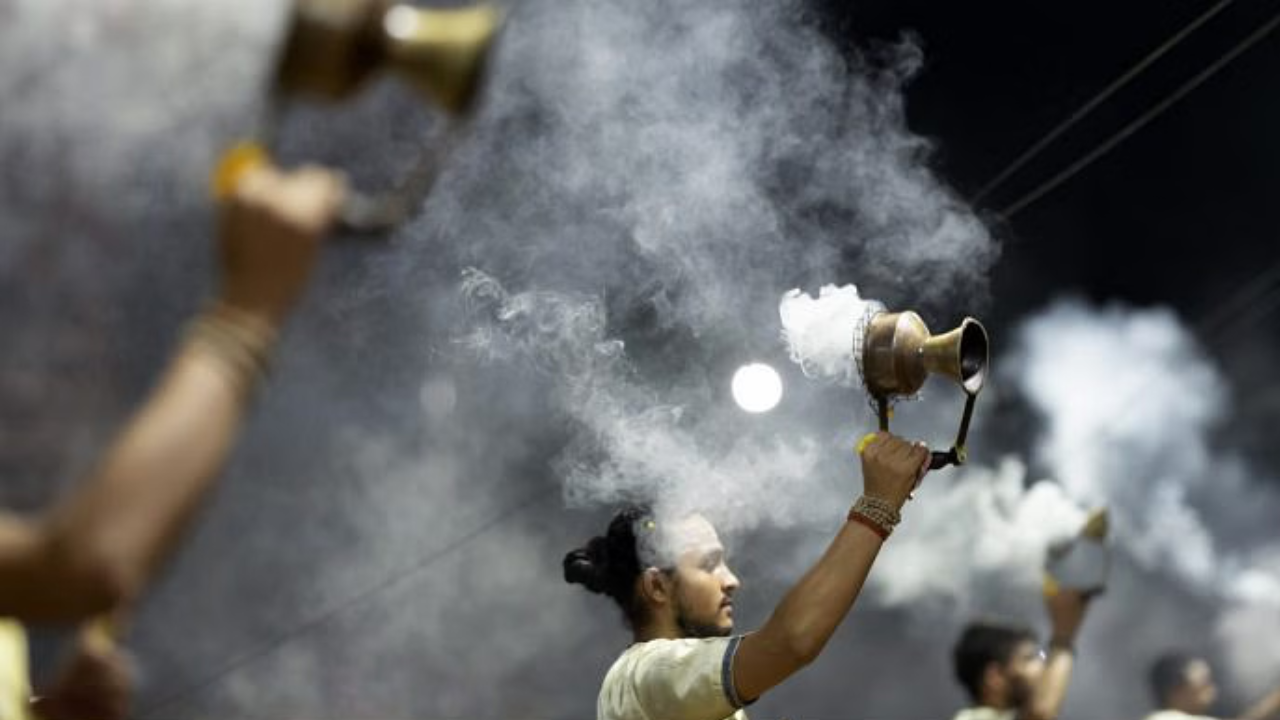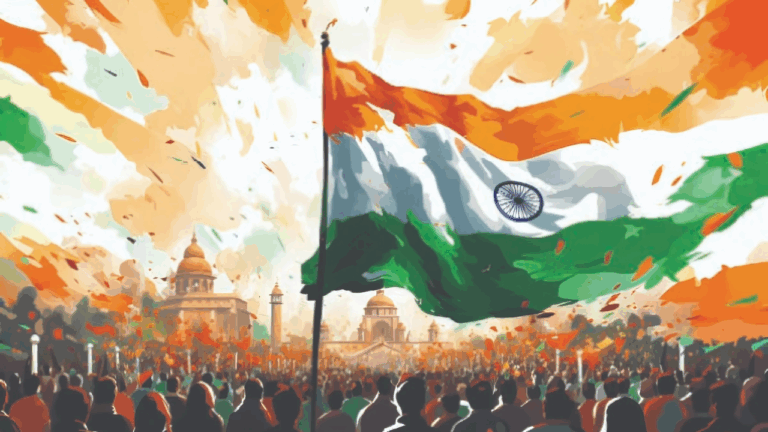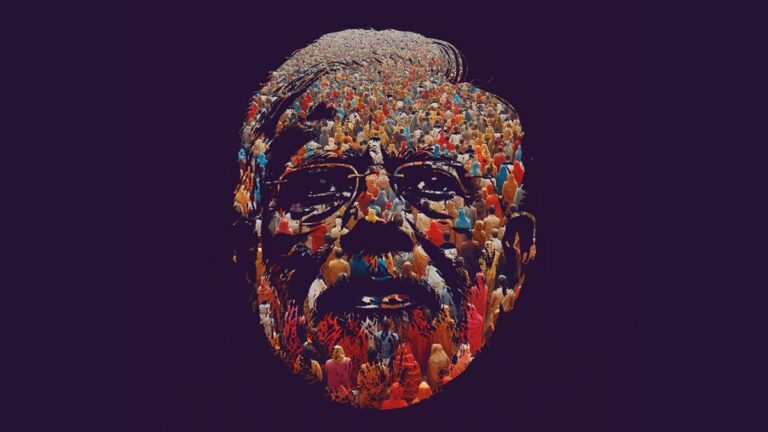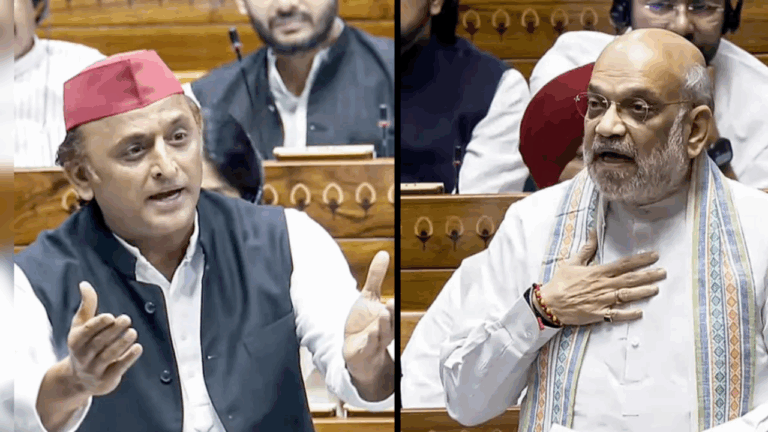Secularism in Indian Politics: A Fading Principle?
Why People Are Questioning the Role of Religion in Politics Today
India has always been proud of its diversity. People of different religions, cultures, and languages live together here. Our Constitution calls India a “secular” country. This means the government should treat all religions equally. But in recent years, many people have started asking — is secularism still alive in Indian politics?
In this blog, World News explains what’s happening, what has changed, and why this issue matters to all of us.
What Is Secularism and Why Is It Important?
Secularism means that the government does not support or favor any one religion. It also means that people are free to follow, change, or leave their religion without fear.
In India, secularism was added to the Constitution in 1976. But even before that, the idea was part of our freedom struggle. Leaders like Mahatma Gandhi and Jawaharlal Nehru wanted a country where everyone — Hindu, Muslim, Sikh, Christian, or any other — had equal rights.
What’s Changing in 2025?
In recent times, people feel that religion is being mixed with politics more than ever. Here are some things that have raised questions:
New Laws and Government Actions
Some new laws and policies are seen by critics as favoring one religion. For example, changes in the Waqf (Amendment) Act have made some religious groups feel targeted. While the government says the goal is better management, some communities feel their religious freedom is being limited.
Political Campaigns Using Religion
Many political leaders are using religious words, slogans, or events to attract votes. Some parties are accused of appealing mainly to one religion while ignoring others. This leads to a feeling that some communities are being left out of the national conversation.
Court Rulings and Conversions
Recently, the Allahabad High Court said that while everyone has the right to follow any religion, forced or fake religious conversions are illegal. This is a fair point. But such rulings also bring more attention to religious issues, and some fear they can be misused against specific groups.
What Are the Effects on Society?
When politics and religion are mixed too much, it can divide people. Here’s how:
- People from different religions may stop trusting each other
- Political debates become more about religion and less about real issues like jobs or education
- It becomes harder to build unity in society
What People Are Saying
Many citizens, journalists, and public thinkers believe that India must return to the true meaning of secularism. They are not against any religion — but they want politics to stay neutral so that every Indian feels safe and respected.
Can Secularism Be Protected?
Yes. But it needs support from:
- Leaders who put country above religion
- People who respect all religions equally
- Media and platforms like World News that promote facts, not fear
Final Words from World News
Secularism is not just a word in the Constitution. It’s a promise that India made to itself — to be fair, equal, and united. In today’s political environment, we must all work together to keep that promise alive.
Whether you follow any religion or none, remember — your rights matter. And they should never depend on your religion.
✅ Bookmark World News
✅ Stay updated on politics that truly affect you
✅ Read stories that matter to every Indian







